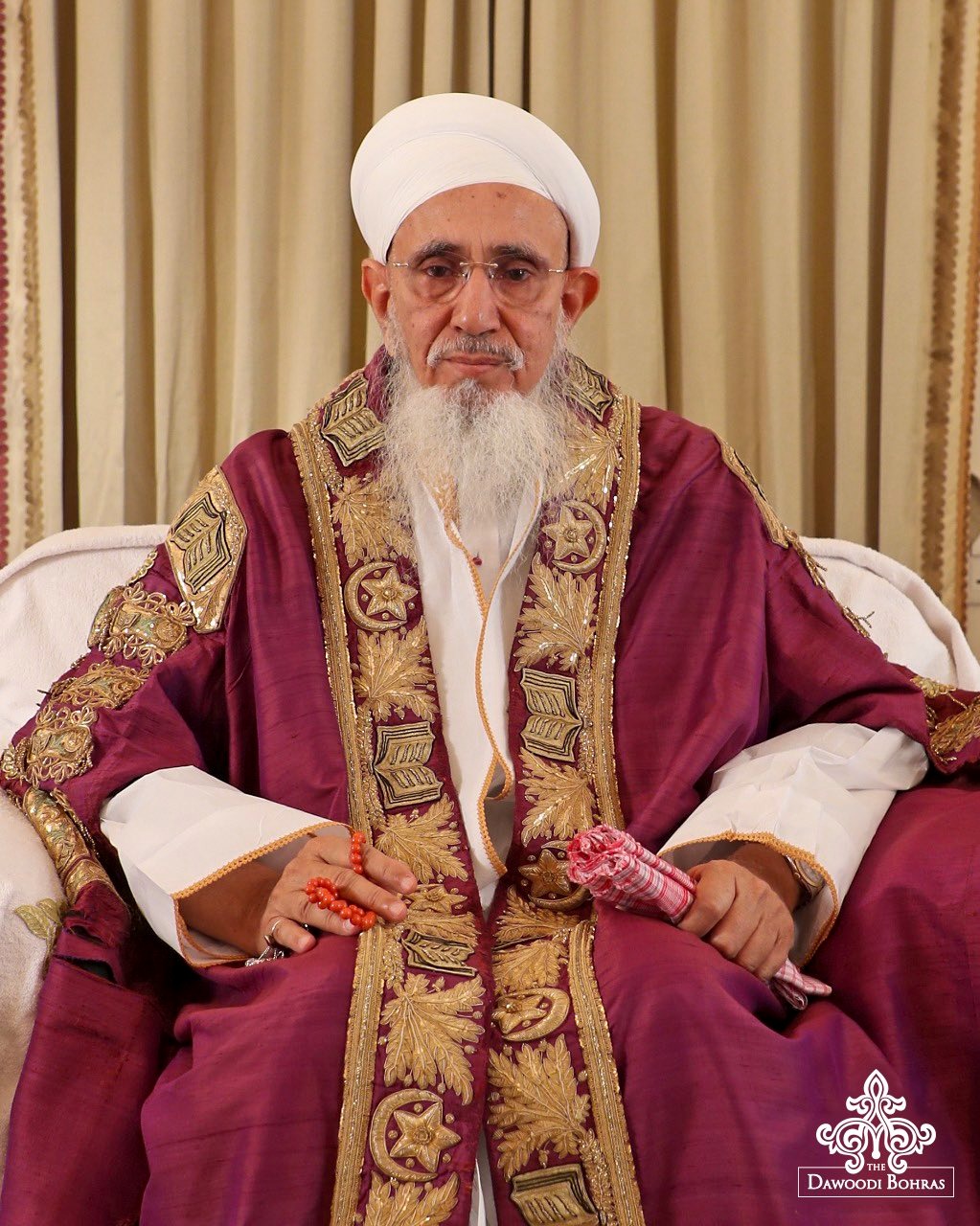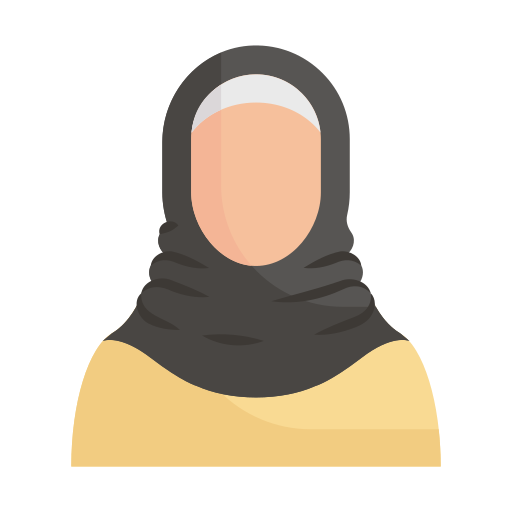Our Culture
Dawoodi Bohras are a sect within the Ismaili branch of Shia Islam. We believe in one deity, Allah (SWT), and follow the traditions of the Ahl al-Bayt (AS), considering them the rightful successors and guides of mankind.

Leadership Structure
Our emphasizes the continuous presence of an imam on earth, descended from Prophet Mohammed through his grandson Imam Husain.
When the imam is not visible, the Al-Da'i al-Mutlaq (unrestricted missionary) assumes the leadership role, preserving and protecting the faith until the imam's return.
Syedna Mufaddal Saifuddin (TUS) is the 53rd and current spiritual leader of the Dawoodi Bohra community. He succeeded his father, Syedna Mohammed Burhanuddin (RA), in 2014.
Syedna Mufaddal Saifuddin (TUS) is our religious and spiritual head, providing guidance to the community in matters of faith and practice. His leadership involves interpreting religious teachings, resolving community issues, and overseeing various religious and social activities.
More About Us

Global Presence
Approximately one million Dawoodi Bohras are dispersed across over 40 countries. Africa, and the Middle East. They are also growing in Europe, North America, Southeast Asia, and Australia.

Occupation and Self-reliance
We are predominantly self-reliant, engaging in trade, business, and entrepreneurship. The term "Bohra" is derived from the Gujarati word meaning "to trade."

Cultural Heritage
The community's cultural heritage is rooted in the traditions of the Fatimid imams, who ruled North Africa between the 10th and 11th centuries CE. While adhering to traditional values, We are known for our mercantilism and modernist approach to lifestyle.

Language and Attire
Lisaan ud-Da'wat is the language of the Bohras, primarily based on Gujarati with Arabic script and vocabulary. The religious attire is known as Libas al-Anwar, and men following Muhammad's (SAW) practices are expected to grow a full beard.

Practices and Rituals
We gather in groups during meals, eating from a large metal plate called thaal. Prominent religious occassions include Eid al-Fitr, Eid al-Adha and Muharram. The majlis is a traditional practice where the community meets to remember Allah (SWT) on major dates in the Islamic calendar. Regular Hajj pilgrimage to Makkah and visits to the Prophet's (SAW) shrine in Medina are common practices.